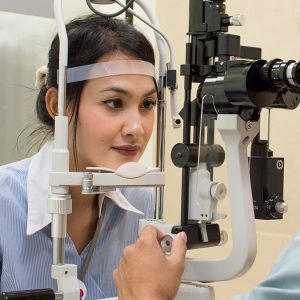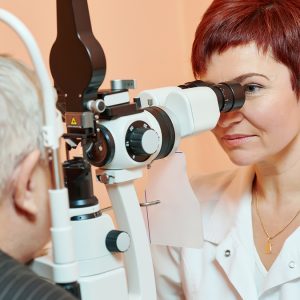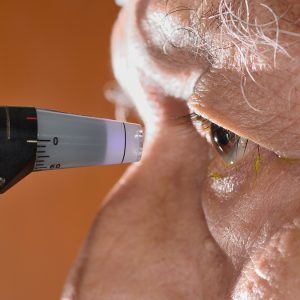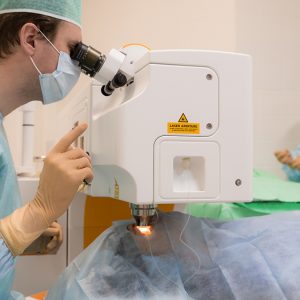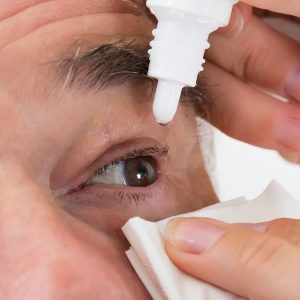Posts by Scott Forester
Can you check your own eye pressure?
If you’ve ever had a comprehensive eye exam, chances are your eye doctor checked your eye pressure. This part of the exam allows your doctor to look for signs of optic nerve damage, which could ultimately have an effect on your eyesight. Your eyes are…
Read MoreHow do you test for diabetic retinopathy?
Diabetes can cause a number of problems with diabetic retinopathy being the most common. In fact, more than 2 in 5 adults in the U.S. have diabetic retinopathy.
Read MoreHow long does a cataract operation take?
Cataracts are common in many people, especially as they age. Fortunately, surgery is available to remove the cataract and restore your vision. Cataract operations are a quick and pain-free procedure; they typically only take 5-10 minutes.
Read MoreDoes insurance cover LASIK?
LASIK is a popular eye surgery that can correct people’s vision problems, such as astigmatism and people who are farsighted or nearsighted. The surgery consists of reshaping the cornea so that light focuses on the retina in the back of the eye.
Read MoreCan an optometrist treat glaucoma?
Glaucoma is the leading cause of blindness for people over the age of 60. Glaucoma is a disease that damages the eye’s optic nerve and typically happens due to fluid buildup in the front part of the eye. This fluid increases the pressure in the eye, creating damage to the optic nerve. Here are the causes, symptoms, and treatments for glaucoma.
Read MoreHow do you become an eye doctor?
Optometry is a demanding field, but it takes hard work and patience to get there. The amount of time it takes to become an optometrist depends on the person and the pace they are moving. Typically, it takes a minimum of seven to eight years to become an optometrist.
Read MoreCan I watch TV after LASIK?
If you’re someone who has nearsightedness, farsightedness, and/or astigmatism, you may consider having a procedure known as LASIK. Glasses and contact lenses help compensate for the eye’s imperfections, but LASIK is a precise and controlled procedure that reshapes the cornea, improving your vision.
Read MoreEye pain and headaches with diabetes
Both diabetes and headaches can be frustrating, and sometimes, they might even have a correlation. Diabetes can ultimately have an effect on your eyes and may be to blame for your headaches.
Read MoreWhat time of day is eye pressure highest?
High pressure of fluid in the eye can lead to problems with your vision, and most of the time, it’s associated with glaucoma. There are common causes of high eye pressure, and even the time of day can affect it. Thankfully, there are ways to treat it.
Read MoreWhat kind of eye doctor should my child see?
Many parents wonder when and who to take their child to when it comes to eye health. Although perfect vision should come with young age, some children can’t see very well. As a parent, you want to make sure that your child’s needs are taken care of, and this includes their vision.
Read More
